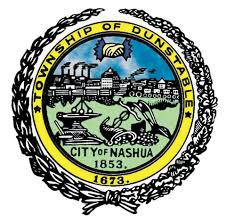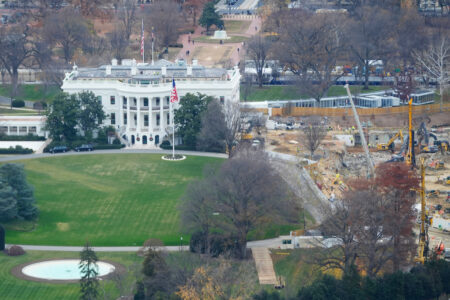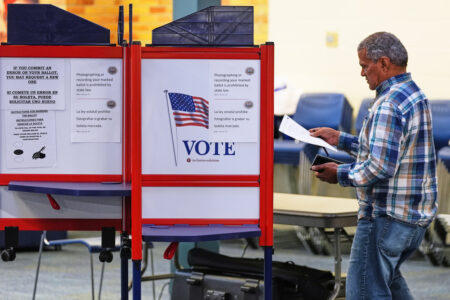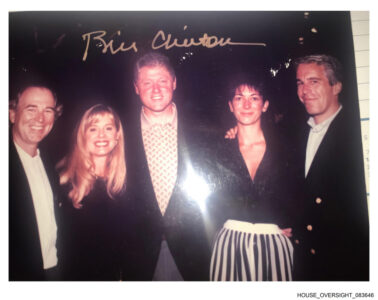Jamestown Canyon virus detected in Nashua

NASHUA – The Nashua Division of Public Health and Community Services, in collaboration with The New Hampshire Department of Health and Human Services, has confirmed that mosquitoes collected on August 3rd adjacent to downtown Nashua, NH tested positive for Jamestown Canyon Virus (JCV). This particular mosquito species bites humans during the day as well as at dusk and may fly up to a mile from its breeding site.
JCV is a disease carried by mosquitoes that circulates primarily between deer and a variety of mosquito species, and can infect humans. The illness is considered serious, but rare. JCV detection in humans has been increasing over the last several years. New Hampshire has identified 19 cases of Jamestown Canyon Virus since 2013. There are no vaccines to prevent JCV and treatment consists of supportive care.
The best way to prevent infection from JCV and other mosquito-borne illnesses like West Nile Virus and Eastern Equine Encephalitis (EEE) is to prevent mosquito bites. Stay vigilant when you are outside. Protect yourself by using an EPA approved mosquito repellent, avoid exposure at dusk and dawn when mosquitoes are most active, wear long pants and long sleeves, and remove standing water from around your home that mosquitoes need to lay eggs. When mosquitos are active, utilize these tips to help prevent and reduce mosquito bites:
If outside during evening, nighttime and dawn hours, or at any time mosquitoes are actively biting, children and adults should wear protective clothing such as long pants, long-sleeved shirts, and socks.
If outside during evening, nighttime and dawn hours, or at any time mosquitoes are actively biting, consider the use of an effective insect repellent.
Repellents containing DEET (N, N-diethyl-methyl-meta-toluamide) have been proven effective. No more than 30% DEET should be used on adults or children.
The American Academy of Pediatrics (AAP) Committee on Environmental Health has updated their recommendation for use of DEET products on children, citing: “Insect repellents containing DEET with a concentration of 10% appear to be as safe as products with a concentration of 30% when used according to the directions on the product labels.”
AAP recommends that repellents with DEET should not be used on infants less than 2 months old.
Repellents containing picaridin (KBR3023), oil of lemon eucalyptus (a plant based repellent), and IR3535 provide protection similar to repellents with low concentrations of DEET. Oil of lemon eucalyptus should not be used on children under the age of three years.
Always use repellents according to manufacturer’s directions.
Do not allow young children to apply repellent themselves.
Do not apply repellent directly to children. Apply to your own hands and then put it on the child’s skin.
More information on choosing a repellent and using repellents safely is available on the EPA’s website at https://www.epa.gov/insect-repellents.
To help control the mosquito population around your home dump out standing water on your property. All mosquitoes require water to reproduce.
Even the smallest of containers that collect water can breed hundreds of mosquitoes. They don’t need much water to lay their eggs. (barrels, buckets, overturned garbage cans, lids, etc.)
Dispose of tires responsibly. Check with tire dealers in your area. Tires can breed thousands of mosquitoes.
Drill holes in the bottom of recycling containers
Clean pet water dishes regularly
Change the water in birdbaths at least twice a week
Kayaks, canoes and boats should be turned over
Prevent water from collecting on pool covers
Remove abandoned swimming pools and hot tubs
Empty water collecting in tarps around the yard or on woodpiles
Mosquito trapping in Nashua and disease testing at the State Lab will continue until mid-October. The threat of mosquitoes carrying disease will not diminish until late fall when we have a hard freeze or snow on the ground. There are no plans to conduct spraying for adult mosquitoes.
For additional information on mosquito control and prevention, visit The Nashua Division of Public Health and Community Services website at https://nashuanh.gov/539/Mosquito-Control.
If you have any questions or concerns please contact Heidi Peek, Environmental Health Manager, HeidiP@nashuaNH.gov, (603) 589-4530.



